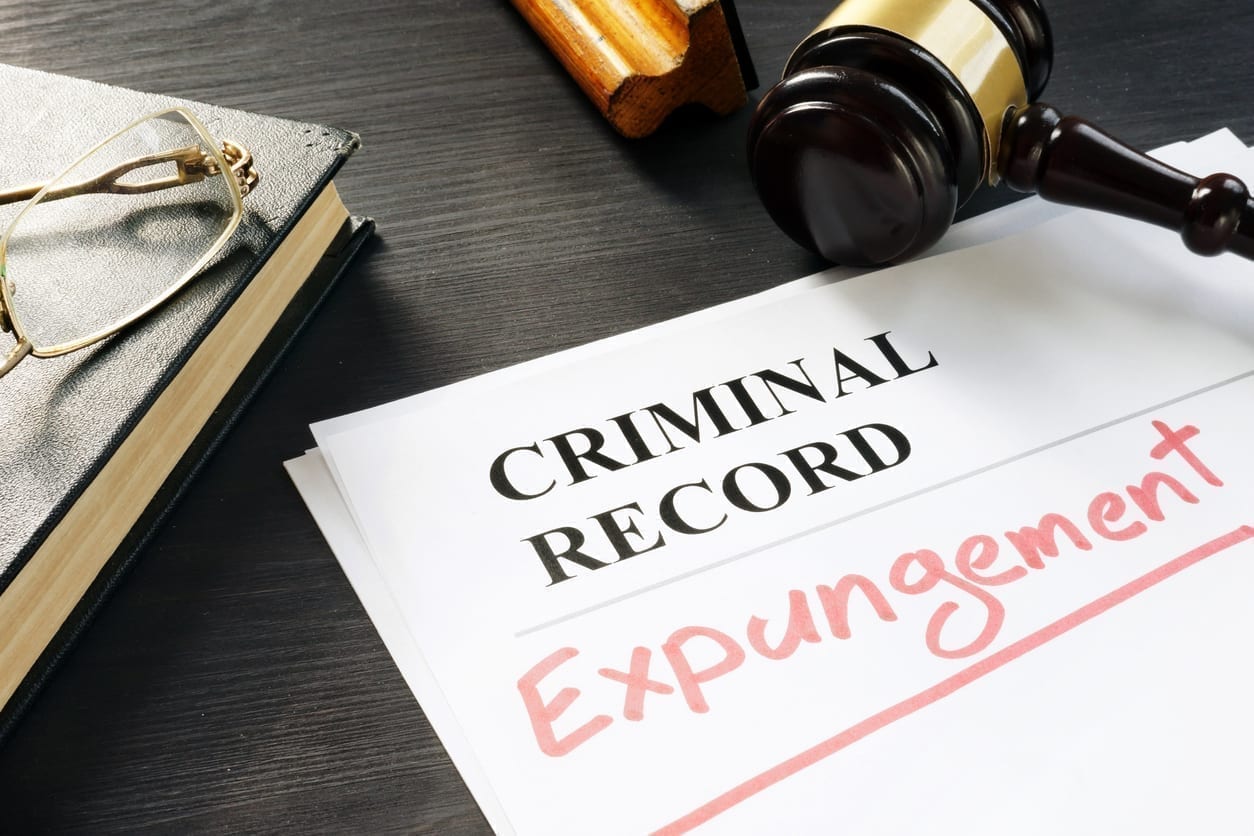Sort of. The word “expunge” means to “erase or remove completely.” As a result, you may think that an expungement does exactly that: erases or removes you criminal record completely. Some websites say that’s true. They’ll tell you an expungement erases any record of your criminal history. Others will tell you the opposite. They’ll tell you an expungement turns a conviction into a “not guilty” plea and dismissal. But they may warn that the record still exists. So, does an expungement really work? The answer is complicated: sort of.
What is an expungement?
The American Bar Association (ABA) defines “expungement” as “the process by which a record of criminal conviction is destroyed or sealed from state or federal record.” To get your record expunged, you file a petition asking the court to clear your record. If the court grants your petition, your record gets removed from the official record. The ABA puts it like this: “An expungement order directs the court to treat the criminal conviction as if it had never occurred….” It “essentially remov[es] it from a defendant’s criminal record as well as, ideally, the public record.”
In this sense, an expungement is better than only having your record sealed. When a court seals your record, the record itself (and proof of your conviction) is still in the court file. Most people just need a court order to see it. Expungements, however, impact the existence of the record as a whole. If a court grants your expungement petition, most people won’t be able to find your criminal history. That is a good thing.
What an expungement is not?
An expungement does not erase or remove your record from everywhere. It only applies to the court file and other limited places. For example, you may also wish to provide the expungement order to the police involved in the case. The same is true for probation departments, jails and prisons and other offices.
But an expungement is not a magic eraser. It does not make your criminal history magically disappear. Your criminal history will remain in other places. This includes on social media, in Google searches and even on news websites. Without more complicated lawsuits, it’s almost impossible to clear your criminal history from the public record. And, sometimes, even more lawsuits won’t do it.
“Basically,” the ABA explains, “expungement orders cannot completely erase public record.”

So, does an expungement really work?
The answer isn’t clear. On the one hand, an expungement can make your record harder to find. On the other, your criminal history doesn’t just disappear either. And it could come back to haunt you. If you deny ever committing a crime on a job application, for example, the employer may find out about it anyway. And they may have a bigger problem with your answer than they would have had with a mistake in your past.
You can also run into problems when you apply for government jobs, seek certain licenses and run for office. An expungement also won’t get you taken off the sex offender registry or allow you to own a firearm. And it also won’t stop enhanced criminal sentences on later charges.
The Takeaway:
An expungement can make a big difference in your life. You can see it as clear proof that you’ve turned the page on your past. But expungements aren’t perfect. And if you’re asking whether an expungement really works and makes your record disappear, the disappointing but honest answer is no. People can still find out about your criminal history if they try hard enough. And you need to keep that in mind.
If you’re thinking about trying to get an expungement, consider looking into your state’s specific rules on a government website. Some states, like North Carolina for example, have resources available to help you along the way.






